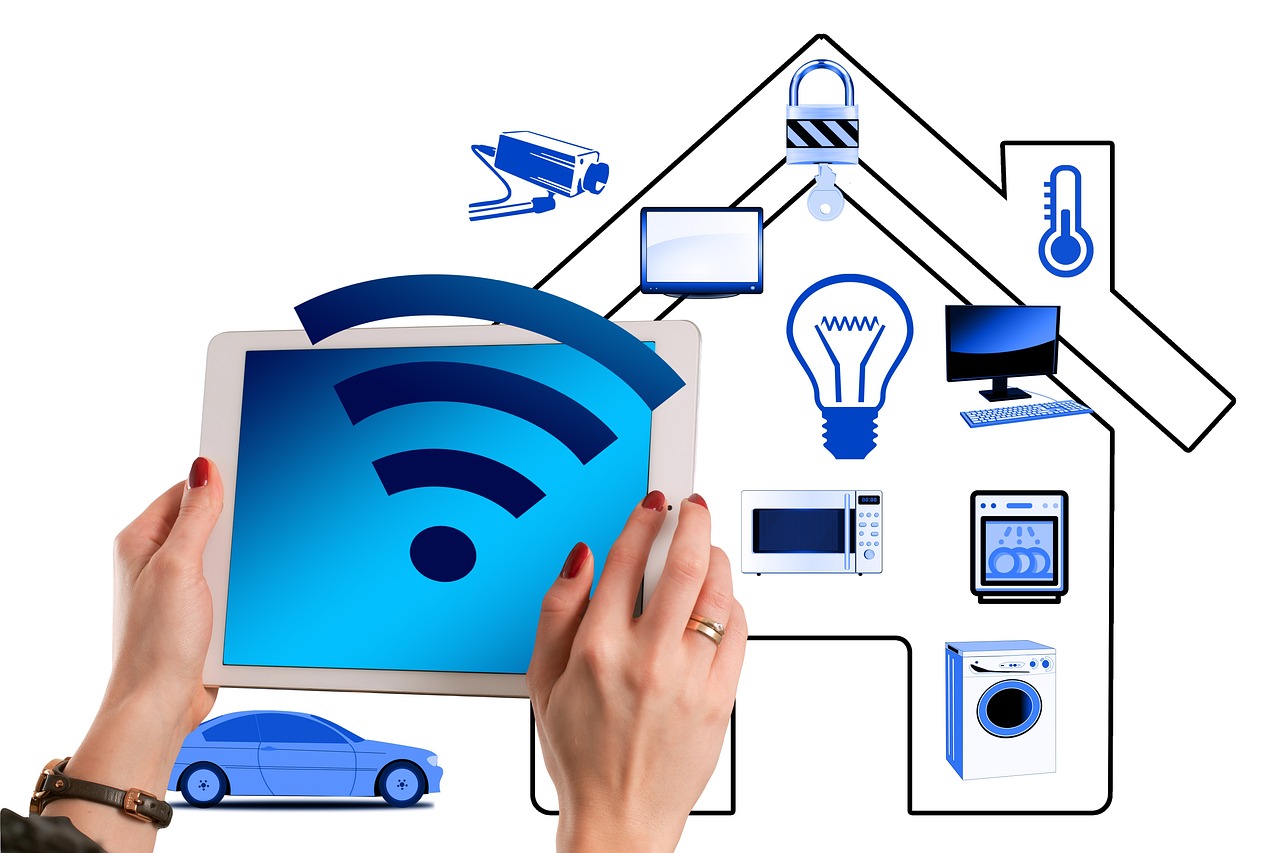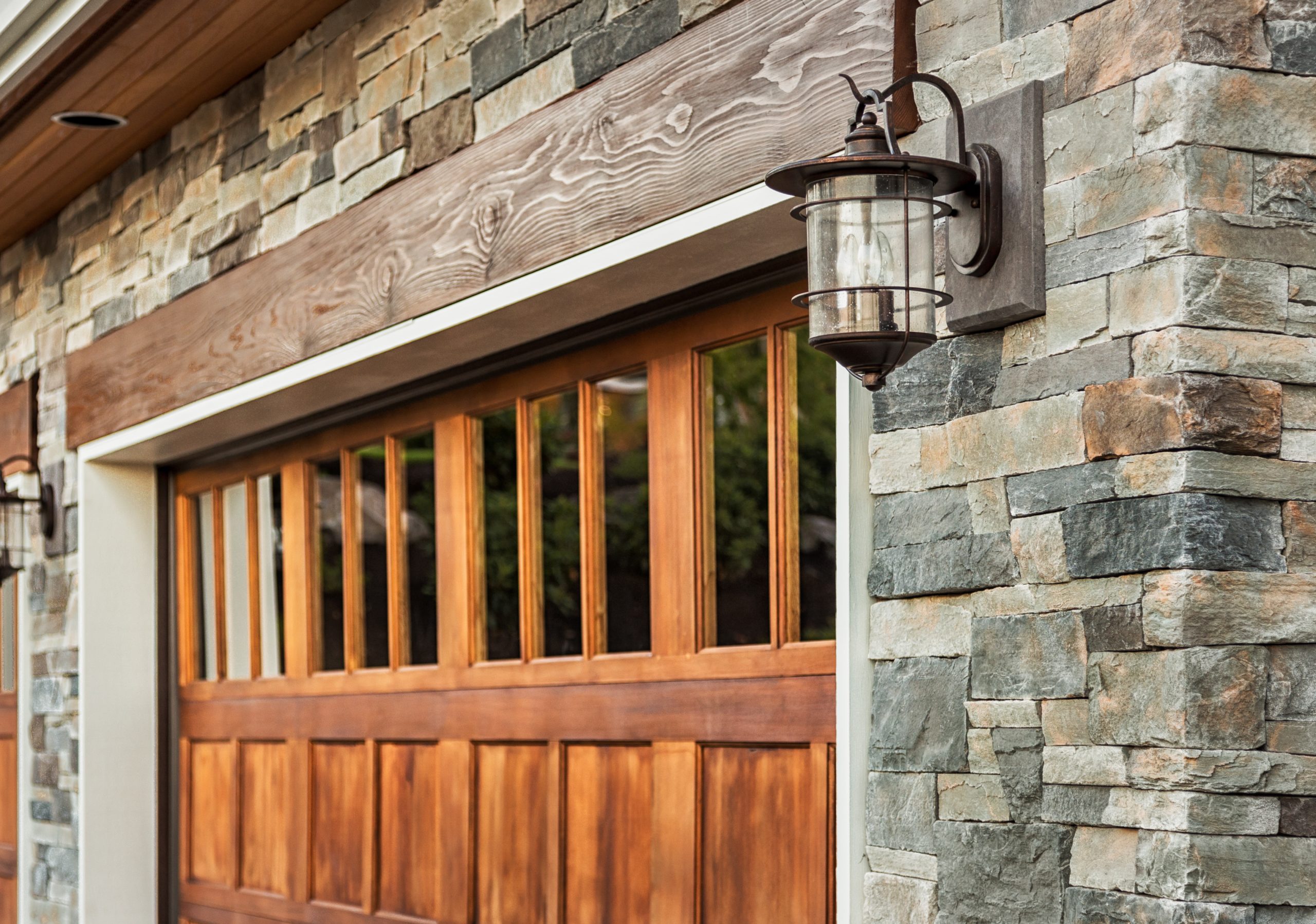Smart plumbing is the latest innovation in residential and commercial plumbing systems. It combines cutting-edge technology with advanced control systems to provide homeowners and businesses with significant advantages, such as better energy efficiency, improved water flow control, remote monitoring, higher protection against contaminants and leaks, automated maintenance scheduling, and easier management of multiple buildings in a single network. Additionally, smart plumbing systems typically offer enhanced environmental conservation benefits, helping reduce water consumption while limiting waste disposal and carbon emissions. Despite these vast opportunities, smart plumbing currently faces several obstacles that prevent wider adoption—including the need for increased education on the benefits of smart technology and a challenging existing regulatory landscape shared among disparate counties, states and countries. We asked a company in Adelaide how they see the market moving over the next decade, and they told us that “more and more of the clients [they] get hired by are asking for smart systems to save money.” So, SMART is definitely here to STAY.
Smart plumbing systems are generally composed of three main components: sensors; controllers; and actuators (also known as “smart endpoint devices”). These components can be used together in a distributed network designed to perform specific functions or connected through various hubs for wider operational transparency using “gateWAYs” (i.e., gateways). Most often, sensors monitor usage levels or detect abnormalities within the plumbing system itself; then, those readings are sent to controllers which process instructions – like adjusting valve placements or gradually increasing temperatures – based on user-defined preferences available through various interfaces (such as mobile Apps or administrative dashboards). Compatible actuator devices are then activated according to those preferences – usually functioning by slowing down flows or modifying directions in pipes. As an extra layer of protection against potential damage caused by internal wear & tear related issues (like burst pipes), most SMART Plumbing solutions will include Automatic Shut Off valves that can be activated remotely when out of normal parameters are detected.
Smart Faucets
Smart faucets or ‘automation faucets’ are electronically-operated water systems designed to save water, energy and money without sacrificing convenience. Such systems can detect the user’s presence and adjust the flow rate according to their individual preferences. Smart faucets can be connected to voice assistants such as Amazon Alexa or Google Home, allowing end users to control their house’s water consumption from a remote location using vocal commands. Installing smart faucets in homes, businesses and public places has multiple advantages.
Smart faucets have built-in sensors that regulate flow depending on several factors, including temperature and pressure of the water supply. Such systems also feature an aerator that extracts air from the system so that water exits with little turbulence and requires 3 times less pressure than a normal tap. As a result, they consume up to 30% less energy than regular taps while providing significantly greater performance in terms of functionality and strength of waterflow alike. This clearly indicates eco-friendly solutions in order to reduce overall usage of utilities such as electricity or gas for heating the walls and other parts near the faucet system itself. Smart faucet systems come with additional features such as automatic shutoff settings (for safety) or pause buttons for temporarily halting water flow without turning off the tap altogether; saving still more water from surfacing unwanted volume unnecessarily – which is particularly critical when using hot water supply systems where wastage is even greater due to energy required to preheat these sources before use.
Smart Showers
Smart showers are an innovative technology that marry comfort, convenience and efficiency. They are typically connected to a smart home system allowing for customization of temperature, pressure, water flow rate, and spray pattern according to the user’s preferences or automated schedules. Not only do these systems allow users to create a personalized experience in their own bathrooms, but they can also save on energy bills through the use of sensors that detect when no one is in a shower. Smart showers can also offer additional features designed to enhance the showering experience — such as music, colored lights, synchronized showers with different temperatures or aromas — all operated by voice command or app control. In terms of installation, smart showers require professional plumbing know-how and are usually connected directly to the hot and cold water supplies via electronic valves on a dedicated circuit breaker. Thus, smart showers provide greater control over bathing conditions while increasing efficiency and promoting greater savings.
Smart Toilets
Smart toilets are electronically advanced toilet units that feature self-cleaning, bidet functions and sometimes health-monitoring technology. Incorporating powerful computer systems and the latest water-based technology, smart toilets have components like heated seats, pressure sensors, intelligent flushing systems with in-built monitors and multiple sensors that can detect the user’s body type for accurate support and fast response time. Installed in bathrooms across homes to hospitals and public institutions, these toilet units offer a range of benefits towards sanitation and efficiency. For example, some smart toilets come with a ‘clean flush’ system which ensures fewer chances of collecting bacteria residue on the bowl while others feature self-cleaning mechanisms with their own soft cloths or brushes that disintegrate solid waste during cleaning operation. Additionally, they also offer warm air dryers for users’ comfort as well as other features such as LED lighting installation or hands-free lifting of lids/seats motion activated without contact by its user. Aside from providing improved hygiene and sanctity compared to traditional toilets due to their ability to clean within the bowl itself, smart toilets are also able to detect potential animal presence in sewage pipelines which helps improve sanitation systems within communities worldwide.
Smart Water Monitors
Smart water monitors are cutting-edge improvements in plumbing technology designed to give users unparalleled insights into their home’s water usage and quality with unprecedented accuracy. These devices istall securely under a sink or around the exterior of the home and monitor its progress over time, through sensors that measure factors such as water temperature, pressure, valves open/closed etc. For example, Cloud Home Water Monitor by iZumi uses advanced Machine Learning techniques and cloud computing technologies to detect possible leaks before they happen. This product can also measure real-time water consumption data, which enables users to optimize their water usage in addition to receiving alerts when unusual activity occurs — potentially saving thousands of Euros worth of undetected damage from leaking pipes or faulty fixtures. Additionally, it provides users with automated analysis reports and certifications on their household’s overall water quality; including information about pollutants, heavy metals and other toxins present in their supply. Other innovative products like HydroNet One provide homeowners with a predictive maintenance system that extracts measurements from pressurized pipeline networks 36 times per minute (using a Bluetooth connection) to provide early signs of blockages or contamination which helps protect the integrity of a building’s interior structures from unseen incidents caused by build-up in neglected pipes.
Smart Water Heaters
Smart water heaters are digital, programmable devices used to control and maximize the efficiency of water heating systems. They feature timers and thermostats that can be programmed to regulate the temperature, switch on and off at specific times, or utilize more advanced sensors such as motion detectors. Smart water heaters are increasing in popularity both for homes and businesses due to their ability to provide substantial energy savings by allowing users to set schedules for heating hot water according to demand rather than relying on standard “on/off” settings. Moreover, these devices offer improved comfort since users can remotely adjust temperature and mode settings from almost anywhere with internet connectivity. Smart water heaters can also extend the lifespan of traditional electric-based systems by preventing overheating or freezing. Examples of popular models include Wi-Fi enabled heaters from AO Smith, tankless heaters from Noritz, Rheem’s Marathon Lifetime Heater, and Bosch Therm 820ES with OpenTherm controls.
Adopting Smart Technology
When adopting smart plumbing technology in homes or commercial applications, it is essential to select products that are certified by such credible organizations as Energy Star, WaterSense, LEED and other reputed bodies. Furthermore, look for products that are compatible with existing plumbing systems or can be easily installed without professional assistance. Additionally, individuals should compare prices and features of various products before making a purchase and comply with all jurisdictional codes and regulations when installing them. Moreover, regular maintenance and updating of smart plumbing products is required to ensure optimal performance; consultation with manufactures provides helpful advice in this regard and they can provide user manuals ahead of installation to clarify any issues regarding methods or techniques. Ultimately, the goal is to achieve efficient water usage while conforming to health and safety standards.







